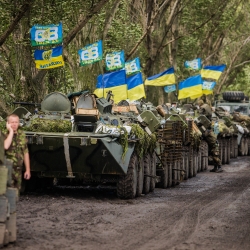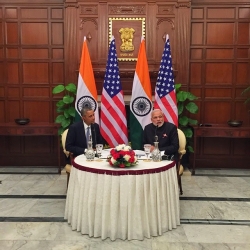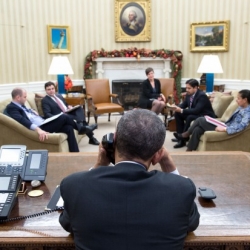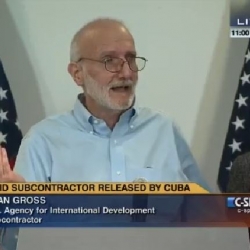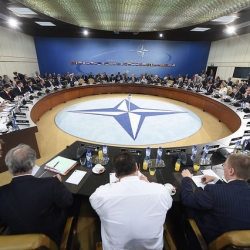Lethal Aid for Ukraine: Assessing Costs and Benefits
Lethal Aid for Ukraine: Assessing Costs and Benefits As Russia’s support for separatist forces in Eastern Ukraine and direct involvement in the conflict there continues to escalate, French President François Hollande and German Chancellor Angela Merkel are in Moscow in an effort to negotiate a ceasefire and diplomatic solution with their Russian counterparts. Meanwhile, with Vice President Joe Biden and Secretary of State John Kerry in Europe, there are reports that the United States is considering the provision of defensive arms to Ukraine should diplomacy not be immediately successful. Taking the step of providing arms to Ukraine has garnered increasing support from members of Congress and outside experts. While it is clear that the United States and Europe need to reinforce their response to Russia,… Read More ›

